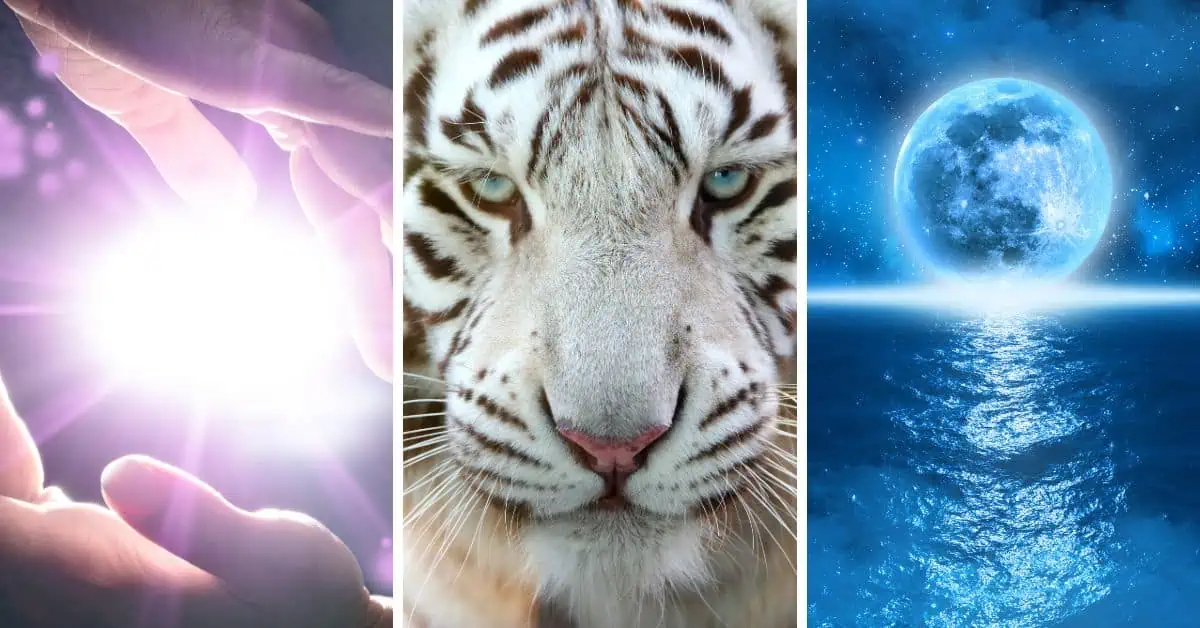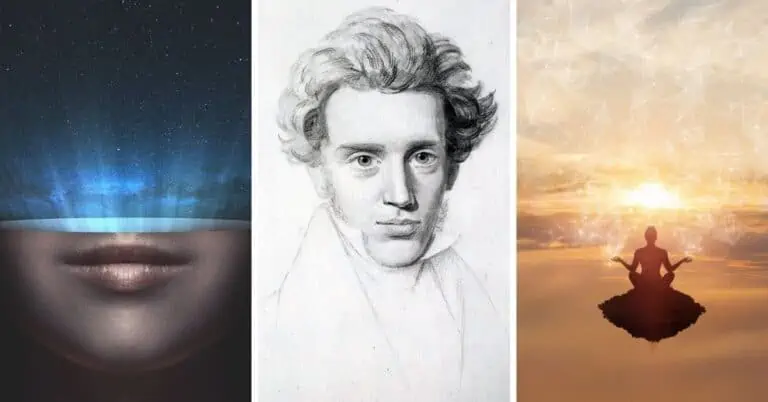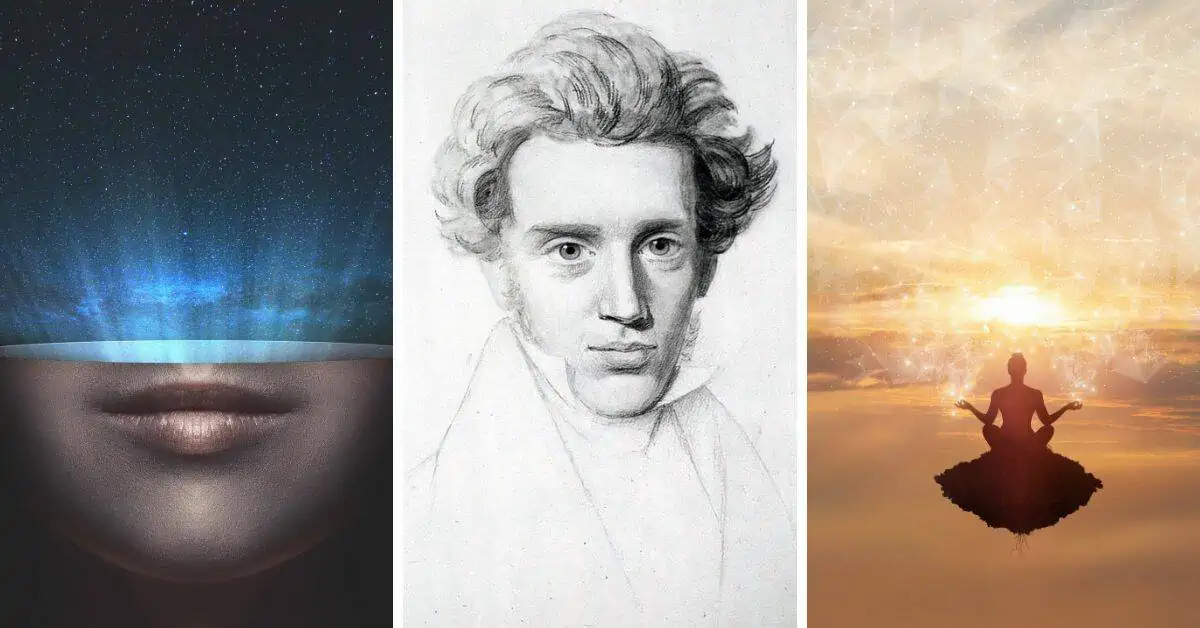Are ISFP Personalities Rare? Unleashing the Mystery
One of the questions I’m asked every day is “How rare is my personality type?” From ENTJs to ISFPs, people want to know if they’re rare. Why? Chances are, it’s because rarity is often considered synonymous with “value.” Many people believe that if they have a rare personality type, they will therefore be more valuable; that they have some kind of special clout that allows them to stand out from the crowd. Others believe that knowing their rarity will help them to make sense of different misunderstandings in their lives.
The answer isn’t an easy one. While it’s true that each personality type is unique, the reality is that none of us are completely alone in our personalities. Some types may be more common than others, but none of them are an exact cookie-cutter version of anyone else of their type. You may belong to one of the most common personality types (ISTJs, for example) and still feel like you are somewhat misunderstood and isolated. If you’re one of the rarest types (an INTJ perhaps) yet you surround yourself with similar people, you might find yourself shocked to see how rare your type really is!

But let’s get into what this post is really all about…
Not sure what your personality type is? Take our personality questionnaire here. Or you can take the official MBTI® here.
Table of contents
Estimated reading time: 5 minutes
Are ISFPs Rare? Unleashing the Mystery
In order to get the answer to this question, I’m going to consult The MBTI® Manual. In the latest edition, it tells us that ISFPs account for 6.6% of the U.S. population, which makes them the 11th rarest personality type. This means that in a group of 100 people, you may find 6 or 7 ISFPs in the mix. Hardly a huge number!
Why ISFPs Often Feel Rare or Unusual
ISFPs, like other Introverted Feeling types, often feel like misfits or non-conformists. They march to the beat of their own drum, and rather than trying to fit into the status quo, they enjoy being different. This independent attitude, along with their naturally quiet nature, often makes them appear mysterious or even confusing.
ISFPs’ deep-rooted individual values stem from Introverted Feeling, a cognitive function that focuses on evaluating information according to deep, individually-held values. This cognitive function enables them to navigate life by staying true to their personal beliefs and following their hearts. When everyone else is walking in one direction, the ISFP asks, “Will I feel good in my heart if I go that way? Will it be honest? Will I feel internal conflict?”
The more the crowd is moving in one direction, the more the ISFP might feel skeptical and ask themselves, “Is this really the authentic direction for me?” They have a higher tolerance for being different and walking in a unique direction. This can many times make them feel unlike others, as if they don’t quite “fit in.”
ISFPs also have a heightened sense of the essence of others and are famous for decoding peoples’ motivations and intents. This type of perception can often make them appear wise and insightful, and it’s not uncommon for ISFPs to know more about people than those people are wanting them to know. They are masters at spotting phony behavior, manipulation, or dishonesty, and they instinctively know when something doesn’t feel right.

Famous ISFPs in History
Despite their apparent rarity, ISFPs have made significant contributions to society throughout history. Ulysses S. Grant, the 18th President of the United States, is known for his fiercely independent attitude and desire to stand up for what he believed in. He also paved the way for racial equality in the 19th century.
The legendary musician Bob Dylan is widely believed to be an ISFP, and his introspective nature enabled him to create some of the most iconic songs and albums of all time. His music was focused on freedom, authenticity, and individual expression.
Thich Nhat Hanh, a renowned Zen master, fully embodies the ISFP type with his quiet yet wise spirit. While living in Vietnam, he started a movement called Engaged Buddhism and taught the world meditation and the value of peace over warfare.
Michael Jackson and his influence on music culture is another excellent example of the brilliance of the ISFP personality type. He used his inner passion as well as his creativity to bring music to life and create an identity that was unforgettable and all its own.
Conclusion:
In conclusion, ISFPs may not be the absolute rarest of personality types, but they are still unique and one-of-a-kind as individuals. Their ability to stay true to their values and fight for what they believe in has helped the world to have more integrity, direction, and honor. ISFPs have contributed much to our society and are important to recognize and honor in their unique brilliance.
Find Out More About ISFPs:
10 Things You Should Never Say to an ISFP
24 Signs That You’re an ISFP, the Virtuoso Personality Type
References:
MBTI® Manual for the Global Step 1™ and Step II™ Assessments by Isabel Briggs Myers, Naomi Quenk, Mary H. McCaulley, Allen L. Hammer – 4th edition (The Myers-Briggs Company, 2018)












